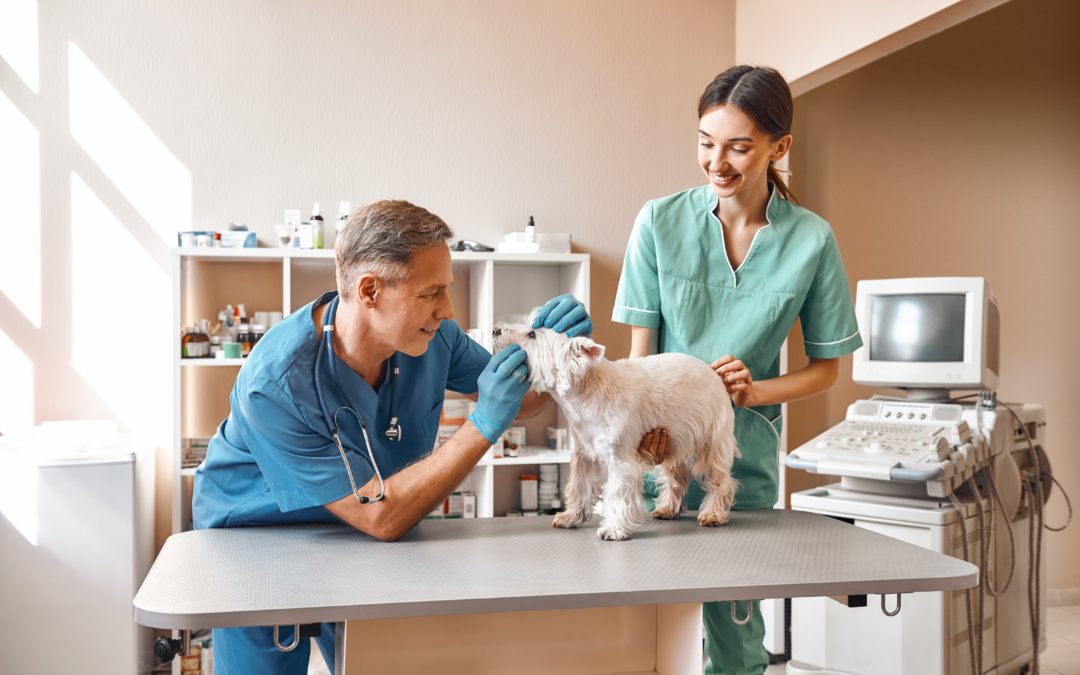It’s important to keep your pet’s teeth healthy and clean, just like it is for human beings. Regular check-ups with the vet are important to ensure good oral hygiene and dental health in your pets; however, one of the most effective preventative measures you can take is to get them their first professional dental cleaning. This process helps remove plaque and tartar build-up that could lead to gum disease or worse. Knowing when to have this done can save time, money and provide invaluable peace of mind knowing that you are doing all you can for your pet’s overall wellbeing. In this blog post, we’ll discuss what a pet’s first dental cleaning entails, who administers it, when it should be done depending on your pet’s age as well as other tips for proper at-home care for keeping your furry friend happy and healthy.
#1: Your pet has persistent deciduous teeth
Do you have a Chihuahua or Yorkie puppy that you’ve nicknamed “Baby Shark,” and not because of their penchant for gnawing on your fingers? If your 6- to 7-month-old pet has persistent deciduous teeth, or baby teeth, that did not fall out when the adult teeth began to grow in, they need a professional dental cleaning now. Those baby teeth that are still in place can cause a host of periodontal problems, such as trauma to the oral tissue and significant tartar accumulation. In addition to extractions, a full dental cleaning also may be recommended because of tartar accumulation on the adult teeth that were positioned too close to the baby teeth.
#2: You notice bad breath or tartar accumulation on your pet’s teeth
While smaller breeds and pets with flat faces are more likely to develop early tartar accumulation, some larger breeds also can have the same problem. So, even if your pet is not 3 years old yet, which is the age when up to 85% of our furry friends have developed dental disease, they may already need a dental cleaning. Flip your pet’s lip up and closely examine their teeth for yellow, brown, or gray plaque and tartar buildup. And, if your furry pal’s breath is worse than the typical “doggy breath,” they may have a hidden periodontal problem causing disease and necessitating a professional pet dental cleaning.
#3: Your veterinarian tells you it’s time
During your pet’s wellness visits, our veterinarians will examine their mouth for signs of dental disease and other oral issues. If they say your furry pal needs a dental cleaning, that means they are seeing painful gingivitis, disease-causing tartar, or other serious periodontal problems that need treatment.
Are you unsure when your pet should have their first dental cleaning? Schedule an oral exam with our team to stay on top of your furry pal’s oral health care.

